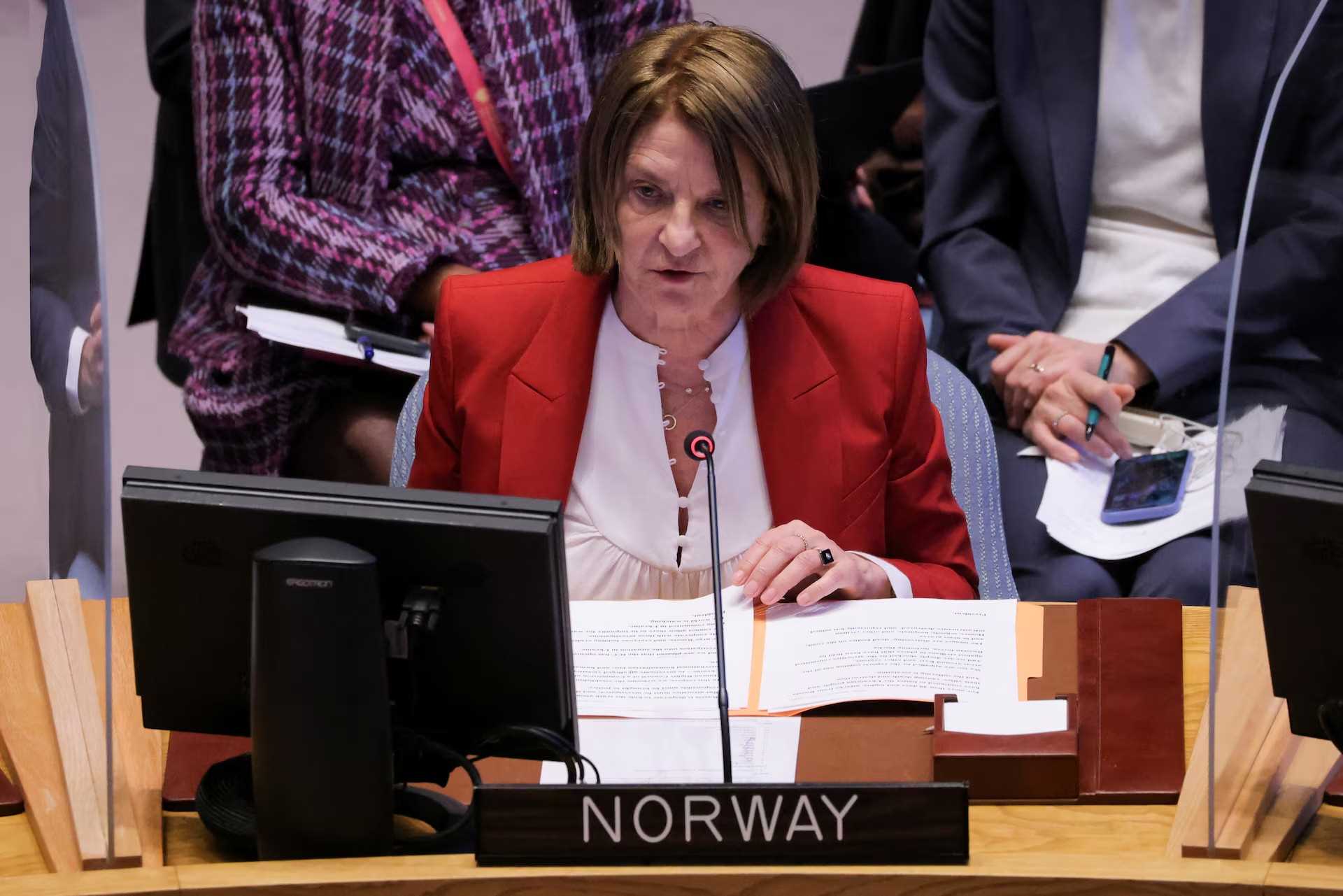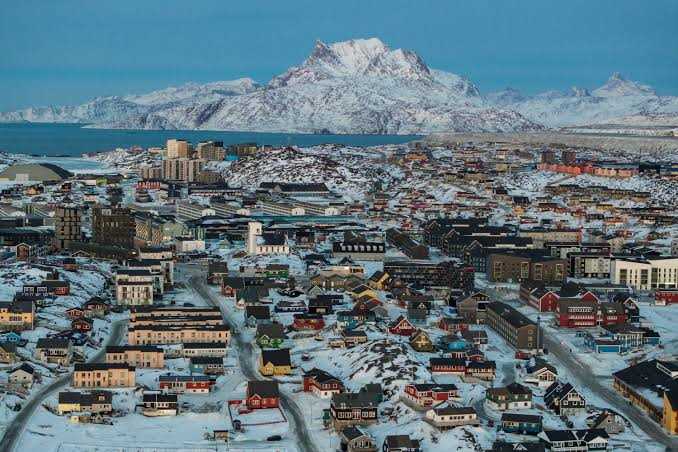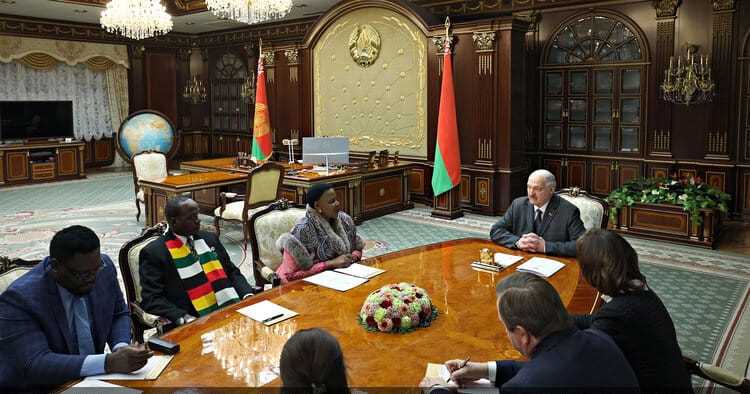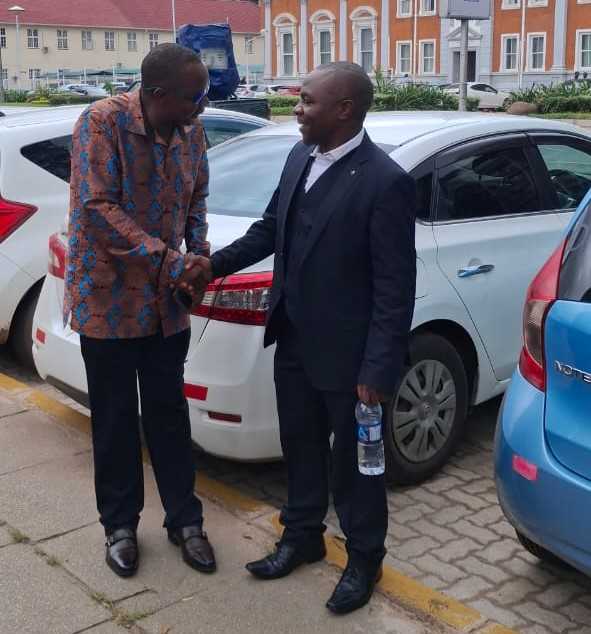
World leaders at the G20 summit in Johannesburg, South Africa, adopted a comprehensive declaration on global challenges on November 22, 2025, breaking with tradition as such declarations are usually issued at the end of the summit.
The move came despite the absence of the United States, which opposed adopting a declaration in its absence.
South African President Cyril Ramaphosa, the summit host, emphasised the significance of the moment, stating: “We should not allow anything to diminish the value, the stature, and the impact of the first African G20 presidency.”
President Donald Trump did not send a US delegation, and officials said Washington had pressured South Africa against adopting a declaration without its participation.
Nevertheless, Ramaphosa argued that the G20 continues to play a critical role in fostering international cooperation: “The G20 underscores the relevance of multilateralism. The challenges we face can only be resolved through cooperation, collaboration, and partnership.”
Related Stories
Other leaders voiced concern over the effectiveness of the forum. French President Emmanuel Macron noted: “The G20 may be coming to the end of a cycle. We are struggling to resolve major crises together, especially with members not present today.”
British Prime Minister Keir Starmer echoed this sentiment, saying: “There's no doubt, the road ahead is tough. We need to find ways to play a constructive role in addressing global challenges.”
Chinese Premier Li Qiang, representing President Xi Jinping, warned of growing unilateralism and protectionism, stating that “many people are pondering what exactly is happening to global solidarity.” Russian President Vladimir Putin was also absent from the summit.
The 122-point G20 declaration highlighted urgent actions on climate change, calling for scaling investment and climate finance globally from billions to trillions of dollars. It also addressed reforms to international financial systems to help low-income countries manage debt, while its language on taxing the super-rich was softer than previous declarations.
The declaration further urged for a “just, comprehensive, and lasting peace” in Ukraine, Sudan, the Democratic Republic of Congo, and the Occupied Palestinian Territory, although Ukraine was mentioned only once in the 30-page document. Western leaders reportedly met on the sidelines to discuss a US-proposed peace plan for Ukraine that would favour Russia.




















Leave Comments